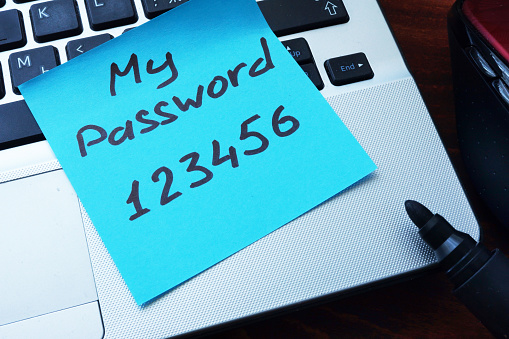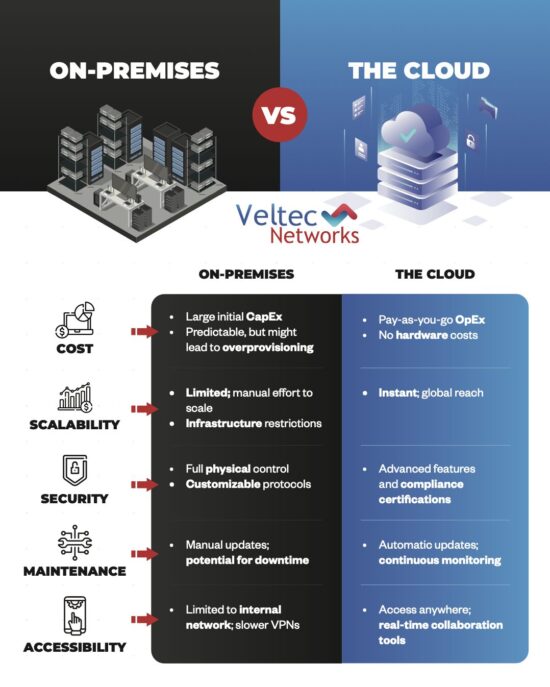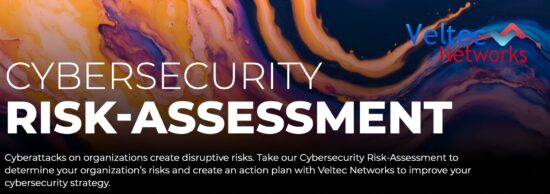The passwords you choose and how you protect them will have an enormous impact on the security of your business and network; here’s how to protect your business.

The risk of a breach or data theft is a major concern for most companies – and individuals, too. Why make it easy for the hackers by using a terrible password or failing to protect your password properly? Making an effort to choose a good, unique password and then protecting this information can help you avoid some of the most common scams and prevent malicious outsiders from attacking your network.
5 Ways to Protect your Data with Better Passwords
Don’t reuse passwords: It is tempting to recycle and reuse passwords, but doing so puts your data at risk. A hacker who discovers one password could gain access to your other accounts, simply by trying your personal password. Come up with separate login credentials for your accounts to boost security. At work, make sure each team member has their own unique credentials; you’ll be able to better protect your data and keep your network secure.
- Choose wisely: “12345”, “Password” and “QWERTY” are just three of the most commonly used – and most terrible – passwords. Picking a less common word is a good start, but incorporating capital and lowercase letters, a number and even a special symbol will help improve your security. Steering away from obvious choices like your name (or a variation), your kid’s names and other easily discovered information will help as well.
- Use a password manager: A password manager service primarily acts as a third party and creates strong passwords for all your accounts. You simply have to remember one master password, and the app or program does the rest. This is a good option if you have multiple accounts that require complex passwords (most adults have 20+ password protected accounts) or you want to make sure your network is truly secure.
- Never write down passwords: Even the cleverest password in the world won’t help you if you write it on a post-it and attach it to your computer screen. Writing down your password and placing it in a secure location is like writing your debit card pin number on the card itself – a very, very bad idea. Placing even randomly generated passwords on a paper on the desk, in the top drawer or attached to the computer is just asking for trouble.
- Educate employees: You may know why passwords matter and why they need to be protected, but do your employees? Anyone who can access your network needs to understand the importance of protecting their login credentials and keeping track of their laptops or mobile devices. A single employee error could cost your business money, data and more.
- Be aware of the latest phishing scams: Phishing scams, where an attacker tries to get you to reveal your password or tricks you into logging into a phony page, are at an all-time high. Fall for a phishing scam and you open your network up to exploitation and could even end up a victim of a data breach or ransomware attack. Simple awareness of the latest scam types can help prevent a loss; verifying that a page or link is authentic before proceeding can also contribute to preserve your security.
Not sure if your security is strong enough or worried about your data? Working with an IT provider could help protect your data and put your mind at ease. Contact us to learn how easy it is to educate your staff about passwords and to get the peace of mind you need for your business.






